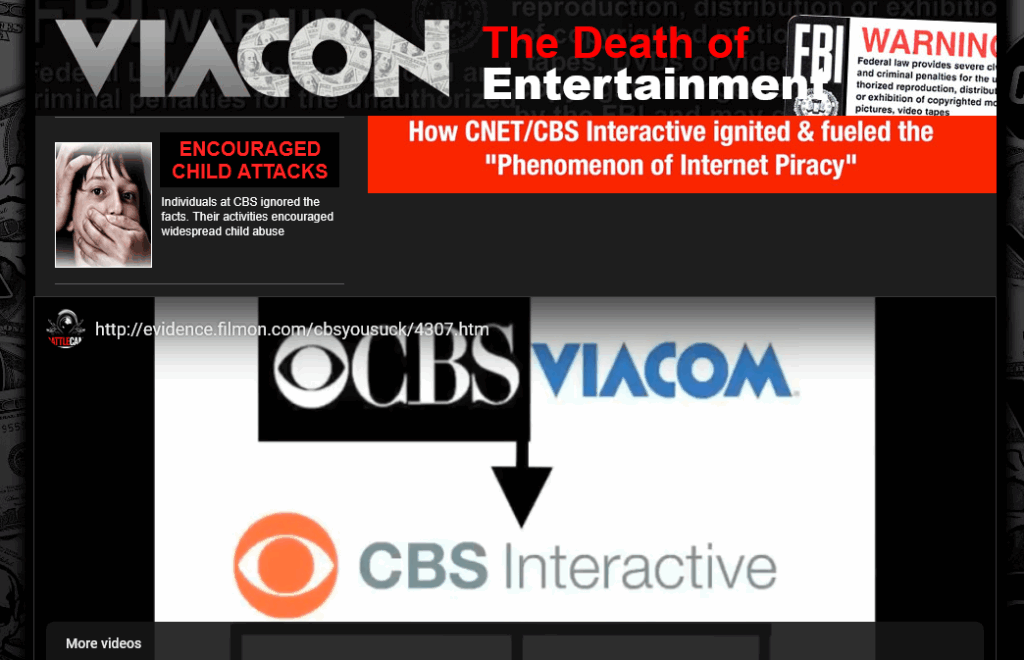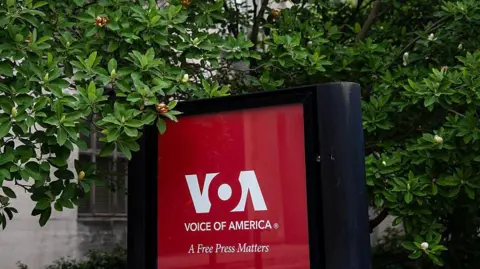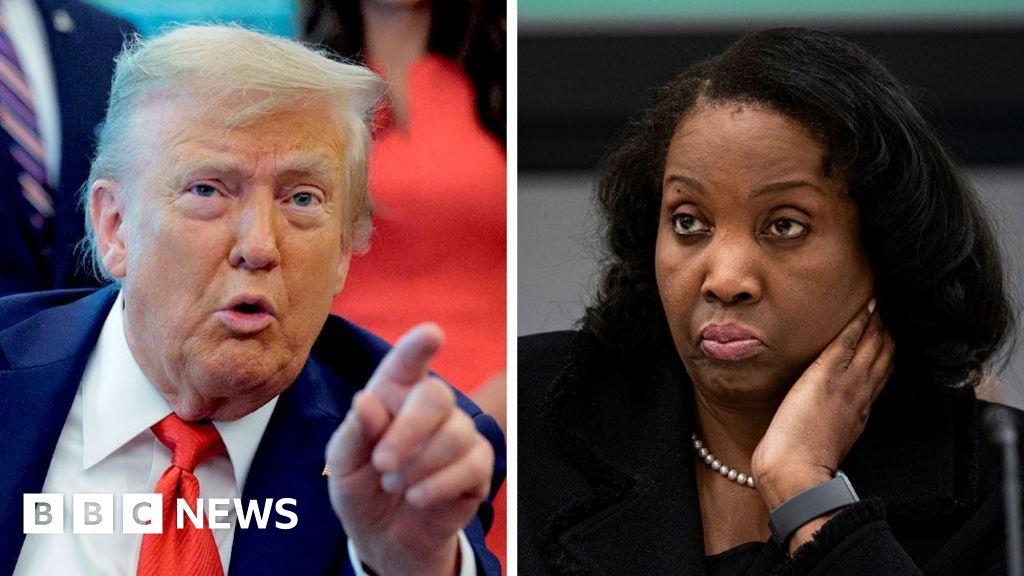The Federal Trade Commission (FTC) has set the stage for a significant legal conflict with Uber, filing a lawsuit over allegations of deceptive billing and complicated cancellation procedures associated with its Uber One subscription service. The agency, which acts as a consumer watchdog, claims that the ride-hailing and delivery giant engaged in practices that misled customers regarding their subscription.
FTC Chairman Andrew Ferguson, appointed during the Trump administration, emphasized the agency's commitment to protecting American consumers, stating, "The Trump-Vance FTC is fighting back on behalf of the American people." Uber, in response, expressed disappointment over the lawsuit and categorically denied the allegations.
Launched in 2021, the Uber One subscription, priced at $9.99 per month or $96 annually, offers users benefits like no-fee delivery and discounts on certain rides or orders. However, the FTC's lawsuit alleges that many consumers experienced unsolicited enrollment in the service without their explicit consent. One cited instance involved a consumer who reported being charged despite not having an Uber account.
The FTC claims Uber made it exceedingly difficult for users to cancel their subscriptions, with reports indicating customers had to navigate through as many as 23 screens and take nearly 32 actions to complete the cancellation process. In a rebuttal, Uber spokesperson Ryan Thornton countered that cancellations can now be processed in-app and typically take about 20 seconds.
Moreover, previous practices mandated users to contact support within 48 hours of their billing cycle to cancel, a strategy Uber asserts has been updated to allow cancelations at any time. Despite their reassurances, complaints suggest a disconcerting reality for some customers who feel trapped by opaque billing practices.
This legal maneuver against Uber marks the FTC's inaugural lawsuit against a significant U.S. tech corporation since President Trump's second term began in January. Meanwhile, a concurrent lawsuit involving Meta, formerly known as Facebook, is entering its second week in court, addressing the company's past acquisitions of Instagram and WhatsApp and even alleging monopolistic practices.
As the case unfolds, Uber and the FTC find themselves at the forefront of an increasingly contentious dialogue surrounding consumer rights and the accountability of tech giants in the rapidly evolving digital landscape.





















